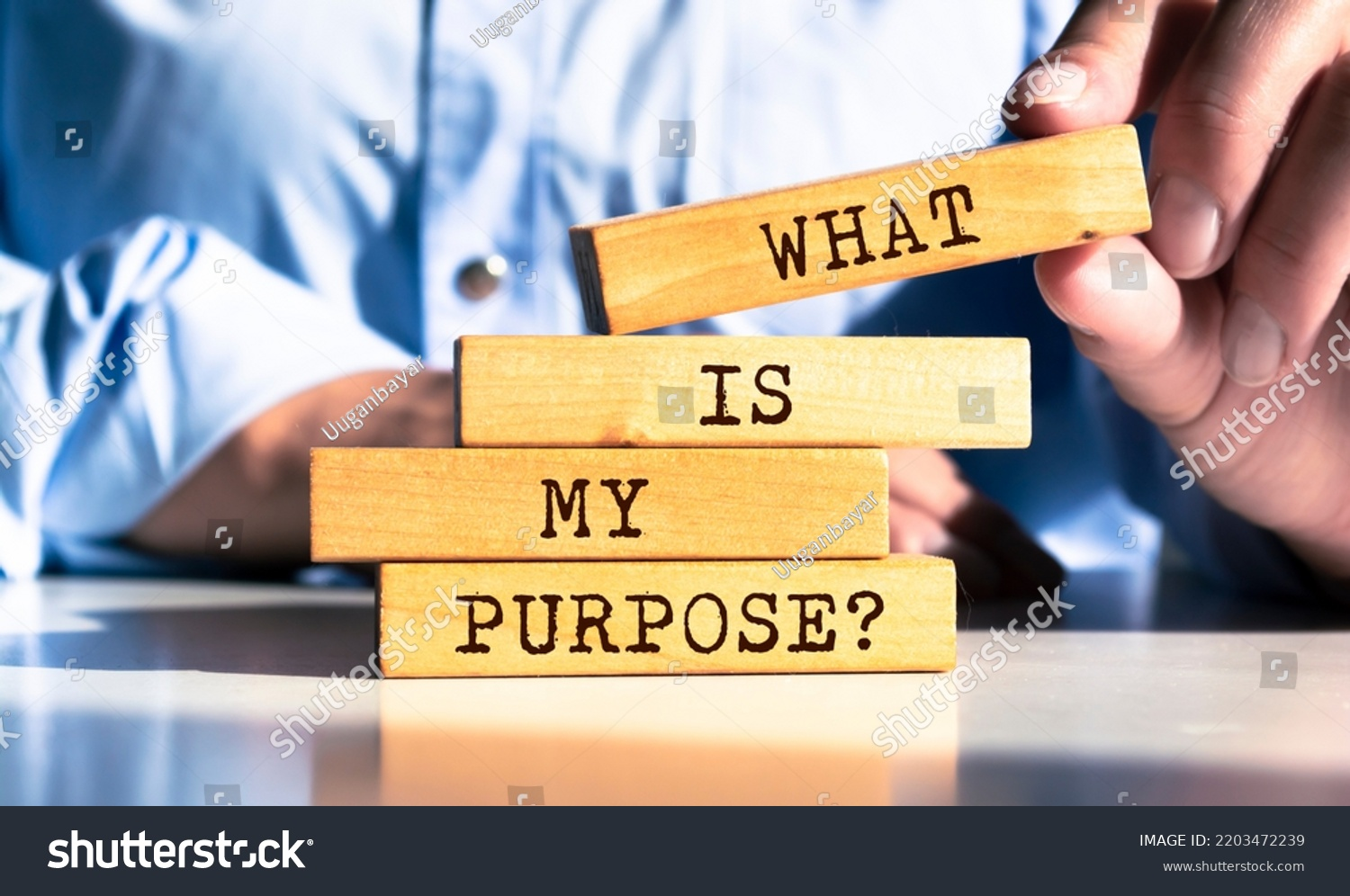In the Diagnosis of the Time column of the Catholic Times, we hear about the difficulties some of the disabled have to endure in modern-day society from a priest director of a Center for Human Rights.
At one of the subway stations, people in wheelchairs line up and enter the train. Passengers are grumbling with disapproving expressions, and some are yelling. "Do we have to have this much trouble to travel?" This is the scene of the March 2001 protest shown in a documentary: ‘Report on the struggle for mobility rights for the disabled – Let’s take the bus!’ (2002). In 2001, a disabled person died while riding a lift at a subway Station. From then on we witnessed many protests.
In December 2021, 20 years later, a subway protest was held on the way to work to demand an increase in the budget for the rights of the disabled. They wanted guarantees of the minimum rights for disabled people to live like human beings such as the right to movement, the right to education, the right to labor, and the right to live together in the community.
This was the first time in history that there was a protest on the way to work. It was a protest that started with the 'preparation to give of one's all', but nothing changed. The protests continued, and abusive language pierced the hearts of people with disabilities. Politicians and high-ranking public officials labeled them as ‘uncivilized people’ and ‘socially powerful’ and incited citizens.
In the world, where are the powerful who chain themselves to protest and have to crawl on the subway floor with their entire bodies? Where is the civilization where people have no choice but to leave their residences only a few times a month because they cannot take the bus? This situation of insults, cold treatment, and not treating people as human beings continues.
Fundamental rights are not obtained by begging and pleading but are given as a matter of course, and according to church teachings, they are ‘sacred.’ The subway protest was an event that took a problem that no one saw as a problem and threw it out into the world. No matter what words are used in front of minorities and the weak, they are human beings. If we determine that a person is a human being who possesses desirable characteristics that must be realized, then a person who falls short of these is not a person.
Dignity comes not from realizing human characteristics, but from human existence, which is a ‘wonder’ in itself. And here faith takes us one step further. The Incarnation is the event in which God became man. Incarnation is an explosive love that goes outside of oneself and completely changes the narrow-minded love of humans. In this event that makes us see our lives completely differently and expands our love, God and man belong to each other. Communion with God is the basis of dignity.
Every Christian has a calling to cultivate justice in this world, but people with disabilities in particular live out that calling by showing ‘privileged evidence of being human.’ "Disabled people are the ones who teach us what the love that saves us is, and they are the ones who tell us about a new world that will no longer be dominated by power, violence, and brutality, but will be made up of solidarity, inclusion, and love." (St. John Paul II Pope)
This is not to give ethical lessons to non-disabled people or advise them to become better people. He is asking whether it is the human way to insult and be hostile to someone, to feel uncomfortable just by looking at them, and to sympathize with someone out of pride. It is a sin to regard injustice and discrimination as normal and unavoidable. In times like this, can our prayers save us?






